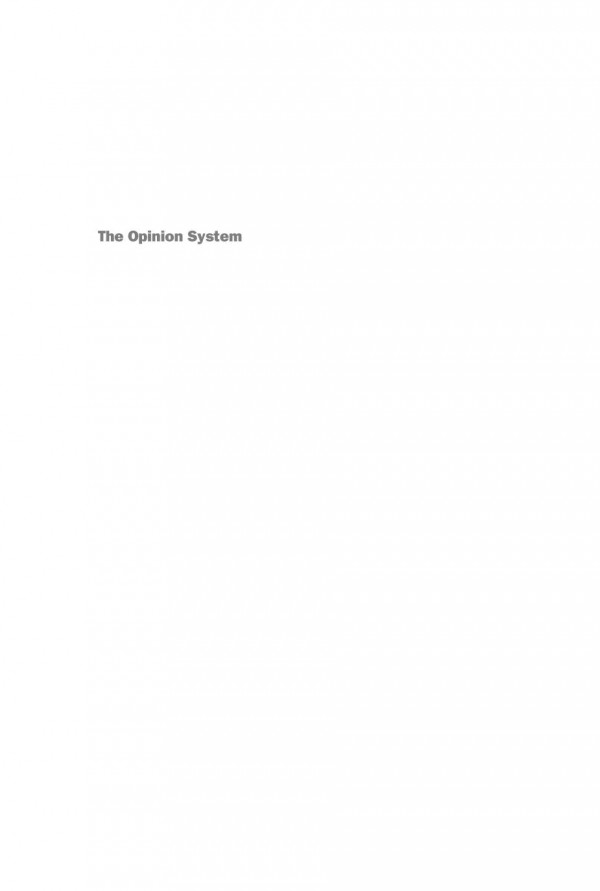

Most ebook files are in PDF format, so you can easily read them using various software such as Foxit Reader or directly on the Google Chrome browser.
Some ebook files are released by publishers in other formats such as .awz, .mobi, .epub, .fb2, etc. You may need to install specific software to read these formats on mobile/PC, such as Calibre.
Please read the tutorial at this link: https://ebookbell.com/faq
We offer FREE conversion to the popular formats you request; however, this may take some time. Therefore, right after payment, please email us, and we will try to provide the service as quickly as possible.
For some exceptional file formats or broken links (if any), please refrain from opening any disputes. Instead, email us first, and we will try to assist within a maximum of 6 hours.
EbookBell Team

4.7
106 reviewsThis book revises the concept of the public sphere by examining opinion as a foundational concept of modernity. Indispensable to ideas like "public opinion" and "freedom of opinion," opinion-though sometimes held in dubious repute-here assumes a central position in modern philosophy, literature, sociology, and political theory, while being the object of extremely contradictory valuations. Kirk Wetters focuses on interpretative shifts begun in the Enlightenment and cemented by the French Revolution to restore the concept of "opinion" to a central role in our understanding of the political public sphere. Locke's "law of opinion," underwritten by the ancient conceptions of nomos and fama, proved to be inconsistent with the modern ideal of a rational political order. The contemporary dynamics of this problem have been worked out by Jürgen Habermas and Reinhart Koselleck: for Habermas the private law of opinion can be brought under the rational control of public discourse and procedural form, whereas Koselleck views modernity as the period in which irrational potentials were unleashed by a political-conceptual language that only intensified and accelerated the upheavals of history. Modernity risked making opinions into the idols of collective representations, sacrificing opinion to ideology and individualism to totalitarianism. Drawing on an intriguing range of thinkers, some not widely known to American readers today, Kirk Wetters argues that this transformation, though irreversible, is resisted by literary language, which opposes the rigid formalism that compels individuals to identify with their opinions. Rather than forcing thought to bind itself to stable opinions, modern literary forms seek to suspend this moment of closure and representation, so that held opinions do not bring all deliberative processes to a standstill.